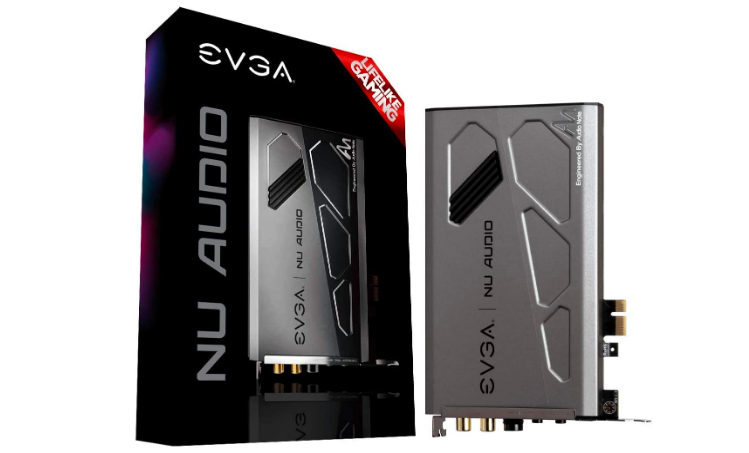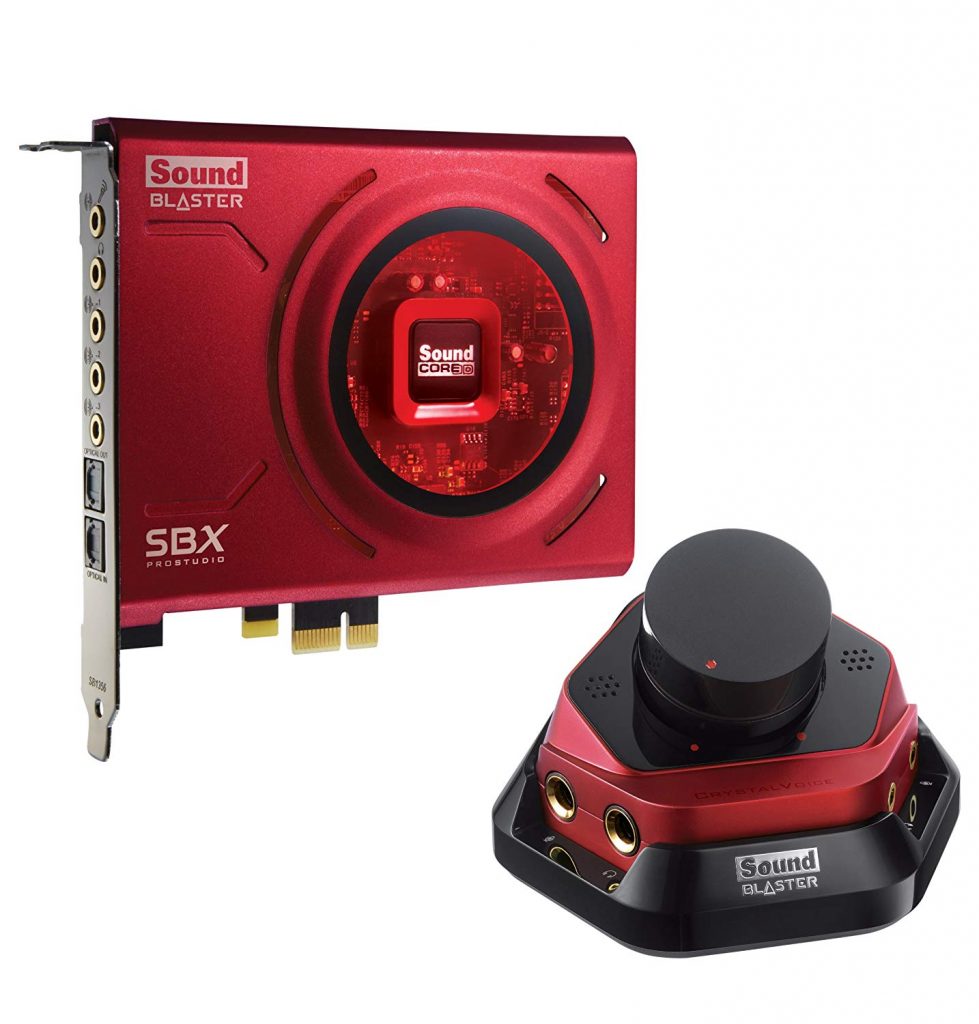
When your computer is playing an login melody but also dings when a new email comes in, that’s using two voices. Voices: Voices refer to how many independent sounds from different sources a sound card can manage at the same time. Let’s carefully define both these features. Sound cards have both voices and channels, and this can be a little confusing.
#Windows best sound cards drivers#
Today’s sound cards are usually streamlined and highly integrated to cut down on costs (with software drivers managing extra features), but some versions still have such built-in capabilities. Sound cards can also have additional functions, such as serving as a MIDI interface for those who want to create a little electronica.
#Windows best sound cards code#
Here, cards use an ADC, or analog to digital converter, that translates sound waves created by your voice into code that becomes an audio file. If your computer has a mic (and nearly all do these days), then it too is routed through the sound card. They have to do the same thing in reverse. However, sound cards also have another very important function.

All speakers, internal or external, must be connected to the sound card to work properly. The speaker’s drivers turn the electrical impulse into physical sound waves, and the rest is up to our ears. The converter’s job is to translate the audio file code into electrical impulses, which travel via the sound card’s connections to speakers. To do this, the card uses a DAC, or digital to analog converter. The sound card translates audio from digital code to the sound waves as needed. That digital information can easily store a lot of sound waveforms, but it can’t create sound-those “analog” waves that need to spread through the air and impact our ears. Basic functionsĪudio files on a computer are, like everything else, stored as code. Over time, sound cards gained more versatility, and were soon working across many different kinds of software. They were created for music composition, or speech synthesis, or (increasingly) specific computer games. At the beginning, these sound cards focused on very specific applications.

IBM and other manufacturers turned toward manufacturers like Adlib and Creative Labs, which just happened to be working on new sound card technology to move beyond the blips and instead replicate music, voices, and more.īy the late 1980s, computers started hitting the market with built-in sound cards. Instead, early devices had basic internal speakers that could produce square wave audio - those “beeps” and “boops” that everyone associates with clunky, first-wave computers.Īs computers grew more complex and started entering the consumer market in the 1980s, manufacturers quickly realized that they needed better ways of creating sound, especially for advanced applications and general entertainment purposes. The first computers did not have sound cards-they weren’t considered necessary for the basic tasks that computers were designed to perform. onboard), then connect to speakers and mics, managing the sound capabilities of the computer. Today’s sound cards are hardware rectangles that plug into motherboards via PCI (or are completely integrated, a.k.a. If you're in the middle, well, an external sound card is perfect, as you can just plug it in and go.

If you stand more on the casual side of things, the onboard audio that comes with your motherboard will most likely be more than enough for your gaming or music needs. So, are dedicated sound cards worth it? If you're willing to spend the time and money to get the right card and equipment, they are definitely worth the improved sound. We recommend the HyperX Amp for anyone interested in this solution - it's cheap, powerful, and easy to set-up.

Many gaming headsets use these specialized DACs to improve and manipulate the audio you get, no matter how versatile your device's onboard sound is.
#Windows best sound cards Pc#
The end result is an overall improvement in the basic sound outputted by your PC or laptop, along with external control over it. This is basically a small processing unit that plugs into your PC via a regular headphone connection or USB. What we'd recommend - if you want to boost audio, but don't feel you need a dedicated sound card - is to get an 'external' sound card.


 0 kommentar(er)
0 kommentar(er)
